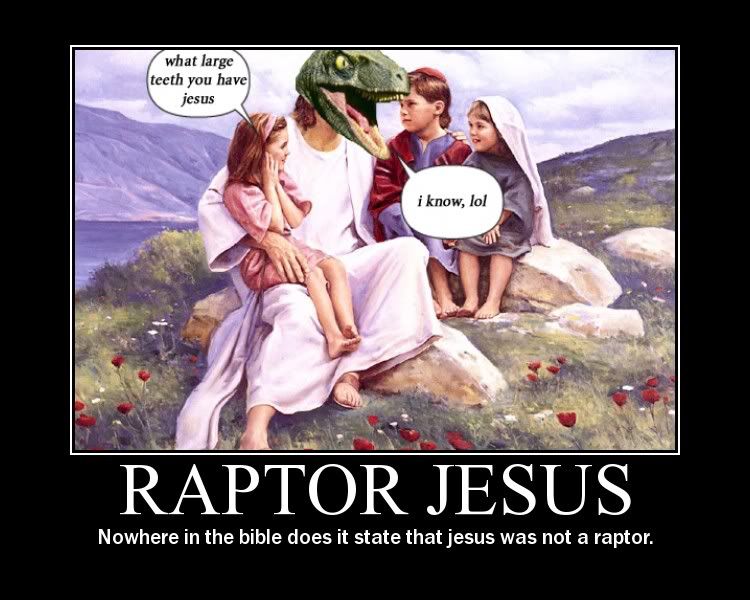We know from Abraham 1:12 that the purported source of the Book of Abraham is a papyri document that commences with the couch vignette. Doesn't that conclusively link the Scroll of Hor with the Book of Abraham?
Yes.
If so, does it conclusively link the Book of Breathings with the Book of Abraham? It's bizarre that somebody who wishes to be taken seriously denies this clear observation.
That is how the apologetic mind works. Bcspace has deluded himself into thinking the critics are the ones making illicit leaps in logic and ignoring evidence, when in fact the opposite is true. Notice how none of the apologetic diatribes on this matter ever address Abr 1:12. It is as if they think it will just disappear if they ignore it long enough.
In order to save the Book of Abraham, they have to throw the Book of Abraham scripture under the bus.
How pathetic.
There is no reasonable basis for the "missing papyrus" theory. We already know some is missing, but we also know (and this is what apologists don't address) that what was used to translate the Book of Abraham is among the extant portions. People like John Gee and William Schryver have already
been caught lying about the "numerous testimonies" about a "long roll." In the same refutation you will see how Nibley lied about the description of the rolls in order to suggest the Book of Abraham was among the "missing" portion. They never once dealt with the thorough refutation provided them, and after years of denial that any rebuttal even existed, FAIR produces a DVD that largely rests on the assumption that this theory's conclusions should be taken for granted without question. It is intellectual dishonesty at its finest, but that pretty much sums up the bulk of LDS apologetics.
You don't get to point out that "some" papyri are missing and then claim plausibility for the idea that the Book of Abraham must have derived from said missing papyri. This is like insisting that because there are planets we don't know about, this gives plausibility for alien life. One thing has nothing to do with the other.
Mere assertion doesn't establish dependence and that isn't how plausibility works, which is something bcspace will never understand. But then, I think he knows this, which is why their arguments will never win over the minds of those who are approaching this from an objective perspective. Fresh learners who they consider prospective converts. People who knew close to nothing about this subject beforehand. These people will never, ever be convinced of the idiotic "plausibility" arguments the apologists love to fall back on. FAIR knows that the only people who will buy into this crap are those with such inclinations. Meaning, those who need to believe something, anything, to maintain an already established dogma. These arguments are for struggling members looking for anything they can use to delude themselves further that somehow Joseph Smith really wasn't a false prophet and fraud. It is the same kind of intellectual subterfuge that goes on at closed shop Time Share meetings, where you're pummeled with one perspective relentlessly with no tolerance for other perspectives. The LDS apologists know they stand no chance on an equal platform, which is why they hate open debate, and absolutely refuse to properly represent what the critics have argued in their publications. They know they'll lose every time.
